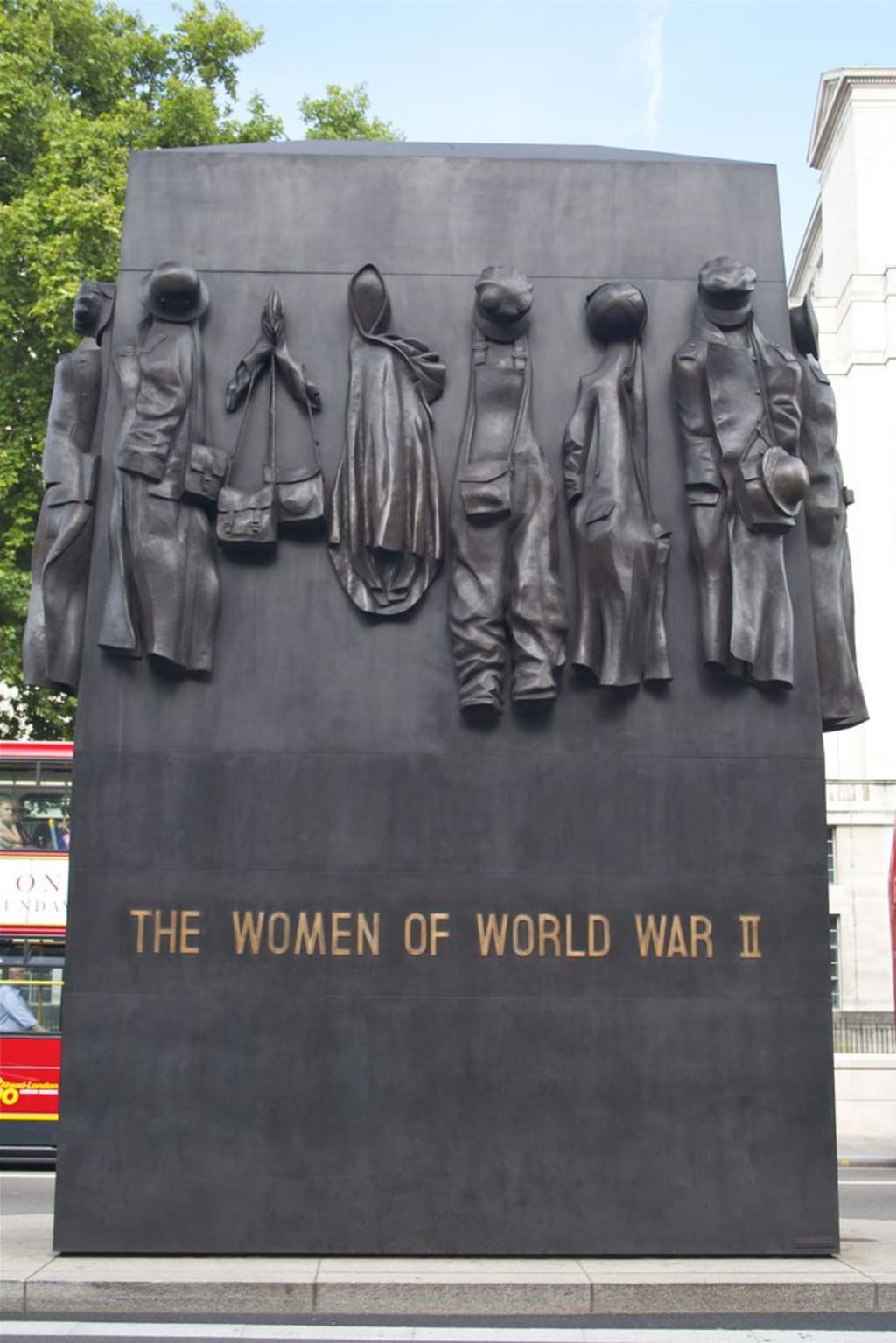
Introduction:
When we think of World War II, images of heroic soldiers and brave generals often come to mind. However, history has often overlooked the significant contributions made by women during this global conflict. This article sheds light on the remarkable roles played by women in World War II, from their involvement on the home front to their crucial contributions in various military capacities.
1. The Home Front:
a. Industrial Powerhouses: As men were called to serve on the frontlines, women stepped up to fill the labor void in factories and industries. Known as "Rosie the Riveters," these women worked in manufacturing, producing vital war materials, aircraft, ammunition, and vehicles that were crucial to the war effort.
b. Agricultural Efforts: With many men enlisted in the military, women took on agricultural roles to ensure food security. They worked as "land girls" on farms and cultivated crops to feed the nation and support the troops.
2. Women in the Armed Forces:
a. Auxiliary Services: In various countries, women served in auxiliary military services such as the Women's Army Corps (WAC), Women Accepted for Volunteer Emergency Service (WAVES), and the Women's Airforce Service Pilots (WASP). These women performed vital roles, including administrative duties, operating radios, and providing support services to the military.
b. Nursing and Medical Services: Women played a significant role in providing medical assistance during the war. They served as nurses, medics, and ambulance drivers, risking their lives to care for wounded soldiers both on the front lines and in hospitals.
3. Resistance Fighters:
a. Partisans and Spies: Women played an integral part in the resistance movements across occupied territories. They acted as couriers, smugglers, and even spies, gathering intelligence and assisting in sabotage operations against the enemy.
b. Special Operations Executive (SOE): The SOE recruited women as agents to work behind enemy lines. These courageous women undertook dangerous missions, organizing resistance networks, transmitting information, and providing aid to resistance fighters.
4. Women in Aviation:
a. Women Airforce Service Pilots (WASP): In the United States, the WASP program recruited women pilots to ferry military aircraft, tow targets for anti-aircraft training, and test new planes. They played a crucial role in releasing male pilots for combat duty. Despite their contributions, the WASP program faced discrimination, and it was not until 1977 that they were recognized as veterans and granted military benefits.
b. Night Witches: The Soviet Union's 588th Night Bomber Regiment, nicknamed the "Night Witches," was an all-female air regiment. These brave pilots conducted nighttime bombing missions, striking fear into the hearts of their enemies. Flying outdated, wooden biplanes, they skillfully targeted German positions and supply lines. The Night Witches defied gender stereotypes and became renowned for their daring and successful operations.
5. Women in Intelligence:
a. Codebreakers: Women played an integral role in codebreaking and intelligence operations. Bletchley Park in the United Kingdom, for instance, housed a significant number of female codebreakers who deciphered encrypted messages and played a crucial role in decrypting the German Enigma machine codes. Their work provided vital intelligence to the Allies, aiding strategic decision-making and ultimately turning the tide of the war.
b. Spy Networks: Women were essential operatives in intelligence and espionage activities. They infiltrated enemy lines, gathering information, and transmitting it back to Allied forces. Prominent examples include Nancy Wake, a British spy who played a significant role in the French Resistance, and Noor Inayat Khan, a British spy of Indian descent who worked undercover in occupied France and sacrificed her life for the cause.
Conclusion:
Women's contributions during World War II extended far beyond traditional gender roles, as they actively participated in the war effort in various capacities. Whether on the home front, in the armed forces, or as part of resistance movements, their unwavering determination, sacrifice, and courage were instrumental in the Allied victory. It is crucial to acknowledge and celebrate the remarkable impact women had during this historic period, ensuring that their stories are not forgotten or overlooked. By recognizing the significant roles played by women in World War II, we honor their legacy and inspire future generations to strive for equality, justice, and the pursuit of their dreams.






Comments
There are no comments for this story
Be the first to respond and start the conversation.